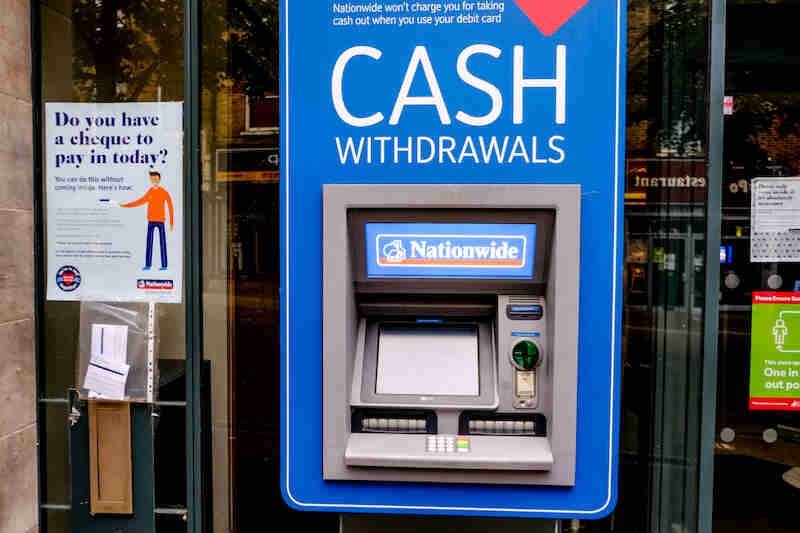20
May 2022
Regulator Will Get New Powers to Protect Consumers’ Access to Cash
The Financial Conduct Authority (FCA) will gain new powers over banks and building societies to ensure they maintain cash withdrawal and deposit facilities in communities across the country, the government has said.
The Treasury has confirmed that the new Financial Services and Markets Bill announced in the Queen’s Speech earlier this month will include long-promised measures to protect consumers’ access to cash.
The government will “in due course” set out expectations for “a reasonable distance for people to travel when depositing and withdrawing cash.” These expectations will correspond to the “existing spread of cash withdrawal and deposit facilities.” Currently, around 96% of the population live within two kilometres of a free-to-use ATM, bank branch, or Post Office location.
The FCA will wield new powers over banks and building societies to ensure this access is maintained, although the government hasn’t specified what those powers will be. The Treasury and regulator have previously suggested that the FCA could fine banks that close branches where they’re most needed or even enforce injunctions to stop closures from going ahead.
The intervention follows banks’ cull of thousands of branch locations and cash machines over the last decade. According to an analysis from Which?, between 2015 and 2022 the UK’s network of bank branches contracted by nearly half.
The government’s own data says the number of bank and building society storefronts dropped by a third (34%) between 2012 and 2021. More than 300 additional branches are scheduled to close this year.
Similarly, the number of ATMs has been dropping since 2015. Between July 2018 and February 2022, nearly 13,000 cash points shut, a fifth of the total. This waves of closures has created "cash deserts," often in rural communities.
Although banks have cited falling foot traffic in branches and a growing customer preference for digital banking, cash remains essential for millions of Brits, particularly in vulnerable groups including the elderly and low-income.
The government notes that around 5.4 million adults rely on cash to a great or very great extent in their daily lives. Although cash is no longer the most frequently used means of payment, as it was ten years ago, it remains the second, used in around six billion transactions in 2020.
Economic Secretary John Glen said: “I want to make sure that people are still able to use cash as part of their daily lives, and it’s crucial to ensure that no person nor community across the UK is left behind as we embrace a more digital world.”
John Howells, chief executive of Link, operator of the country’s largest AMT network, welcomed the legislation. “There are 10 million people in the UK who rely on cash, which is why we welcome today’s news that the government is committing to introducing legislation to protect it within this parliament,” he said.
To maintain access to cash, the government last year introduced legislation that allows consumers to withdraw money without making purchases at local shops. Meanwhile, the Post Office signed a new deal that will allow customers of major banks to perform basic transactions at its 11,500 counters until at least 2026.





